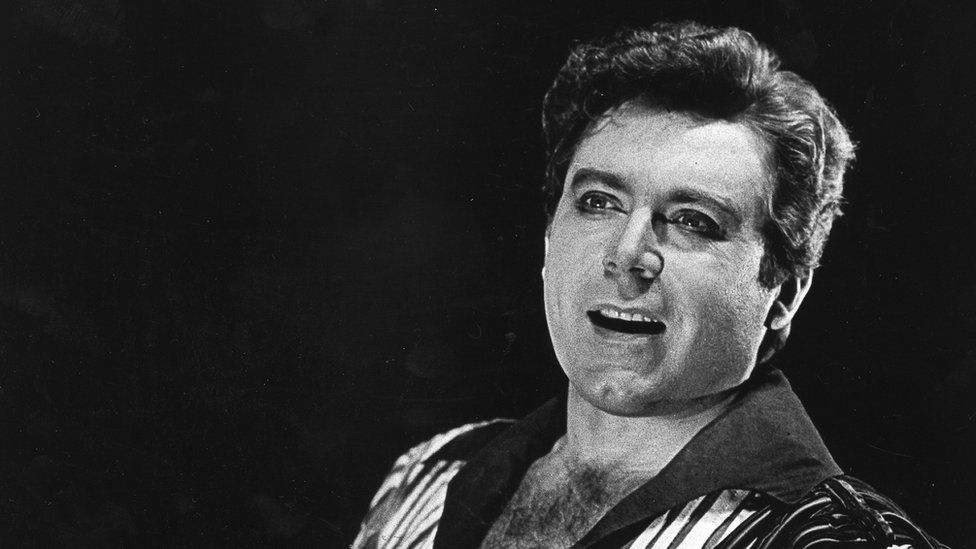Peter Schreier: Leading German tenor dies at 84
- Published

German singer and conductor Peter Schreier, one of the leading lyric tenors of the 20th Century, has died in Dresden at the age of 84.
One of the few international stars to emerge from former communist East Germany, he sang in opera houses from Berlin to Vienna and New York.
He remained in East Germany throughout the communist era, saying he did not want to leave Dresden.
Critics commended the expressiveness and intensity of his renditions.
Schreier ended his concert career in 2005 but continued to perform German Lieder (songs) until his health failed.
"A day without music is a wasted day," he was once quoted as saying by dpa news agency.
Tributes have been paid by the music world in Germany and abroad.
Allow Twitter content?
This article contains content provided by Twitter. We ask for your permission before anything is loaded, as they may be using cookies and other technologies. You may want to read Twitter’s cookie policy, external and privacy policy, external before accepting. To view this content choose ‘accept and continue’.
He was born in Meissen in Saxony on 29 July 1935, the son of a church cantor, and joined Dresden's famous Kreuzchor boys' choir at the age of eight.
After making his professional debut in 1959 as First Prisoner in Beethoven's Fidelio at the Dresden State Opera, he saw his big breakthrough in 1962 as Belmonte in Mozart's The Abduction from the Seraglio.
In the early 1970s he began his career as a conductor, which saw him work with the New York Philharmonic and the Vienna Philharmonic.
In his later years he lived with his wife at a country home outside Dresden. "I've really sung enough and would just like to enjoy a few more peaceful years now," he told German media after his retirement.